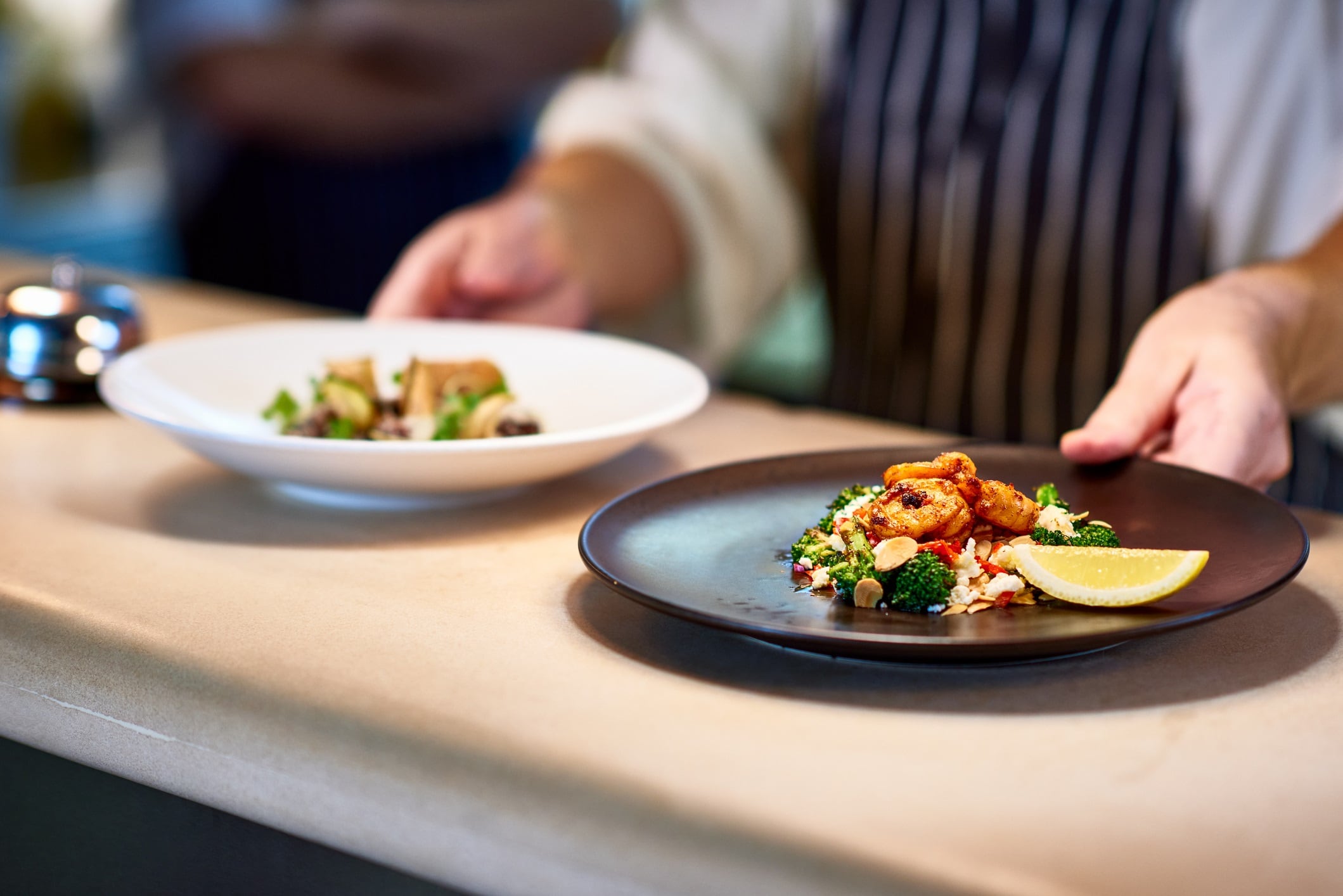European food and beverage brands are increasingly investing in the United Kingdom, with industry experts seeing a noticeable uptick in interest. So, what’s sparking this shift and how will it progress over time?
Why are European F&B brands increasingly investing in UK?
The United Kingdom is the sixth largest economy in the world, with a GDP of $3.38tn. Furthermore, the economy is continuing to grow at a rate of 1%, despite global economic challenges and geopolitical unrest. Added to this, the UK has a population of 68.35 million. All of which combines to create a nation with major purchasing power.
“European food and beverage brands have the ability to get premium prices in the UK, which would not necessarily be possible in their home market, where consumers tend to be more frugal,” says Ananda Roy, consumer goods industry advisor at Circana.
The UK’s retail sector is also closely managed, with clear rules and regulations, making it easily accessible for food and beverage manufacturers.
“The UK has a highly organised retail landscape with well-established supermarkets, discount channels and independent food stores,” says Circana’s Roy.
The UK offers a favourable legislative and consumer environment for eco-friendly solutions
Filippo Della Torre, Koovee
But, perhaps most important, European brands are being supported by the UK government in their efforts to sell into the UK. This is particularly true of brands which carry sustainable credentials.
“The UK offers a favourable legislative and consumer environment for eco-friendly solutions,” says Filippo Della Torre, board member and adviser to edible cutlery brand, Koovee.
There are also zero tariffs applied to goods sold between the UK and nations within the European Union, under the EU-UK Trade and Cooperation Agreement.
“The TCA ensures that no tariffs (taxes on imports) or quotas (quantitative import restrictions) apply to goods moving between the EU and UK, provided those goods meet the rules of origin (RoO),” says a spokesperson for The Commons Library.
Furthermore, European brands are looking to the UK for inspiration as it has developed a reputation for innovating within the food and beverage space.
“The UK is often a forerunner in food and beverage innovation, consistently attracting European brands,” says Koovee’s Torre. “This is especially true in times when real innovation can help offset relatively flat consumer confidence.”

What do UK consumers want from European brands?
There is a growing appetite for international flavours and dishes amongst UK consumers, with HRA Global finding that 90% of UK consumers are open to trying new international flavours, 73% saying they’re likely to buy new products inspired by international cuisine, and over 80% saying they buy international products weekly or biweekly.
“The demand for global tastes and cuisines among British consumers, and the fact that the UK is a net food importer and always has been, means demand for imported foods and beverages remains high,” says Circana’s Roy.
And this view is echoed by food and beverage brands.
“The UK boasts a large and diverse out-of-home food market across multiple channels,” says Koovee’s Torre. “Both on- and off-premises food and hot beverage consumption levels are among the highest in Europe.”
Unsurprisingly, highest on the list of foods and beverages UK consumers crave most from European brands, are those which are unique to the country of origin.
“Speciality, single origin or small batch cheese, condiments and sauces are all selling well in the UK,” says Circana’s Roy. “Additionally, cooking oils, soft fruits, and processed meats like salami and ham are all popular.”

Why UK remains important for European brands
Sometimes referred to as “Treasure Island” by European governments, the UK has long been a valuable market for European food and beverage brands, a reputation which even Brexit couldn’t shake.
“Interest remains consistently high,” says Koovee’s Torre.
In fact, the UK is the EU’s third biggest trading partner, after the United States and China, highlighting its importance to the bloc.
However, the EU is the UK’s biggest trading partner, illustrating the importance of the relationship for both parties.






